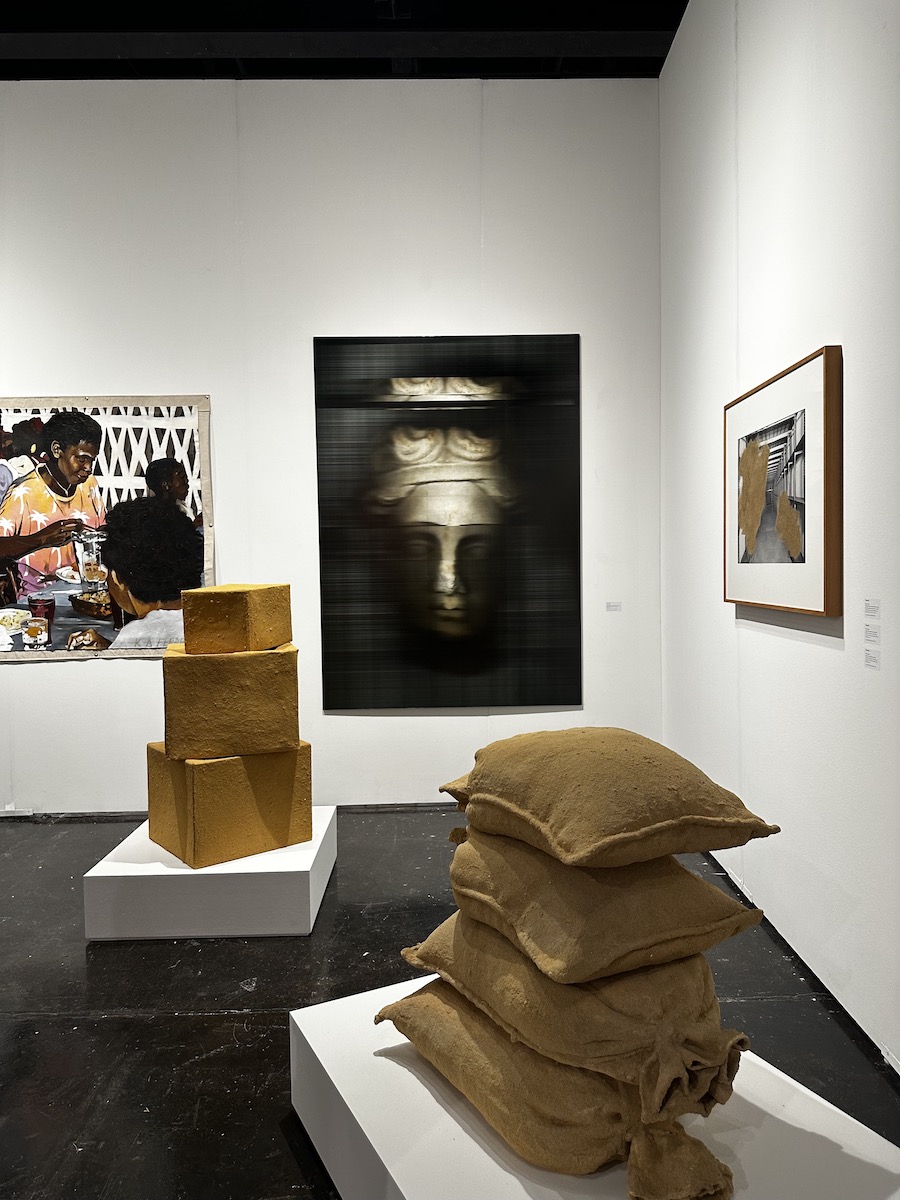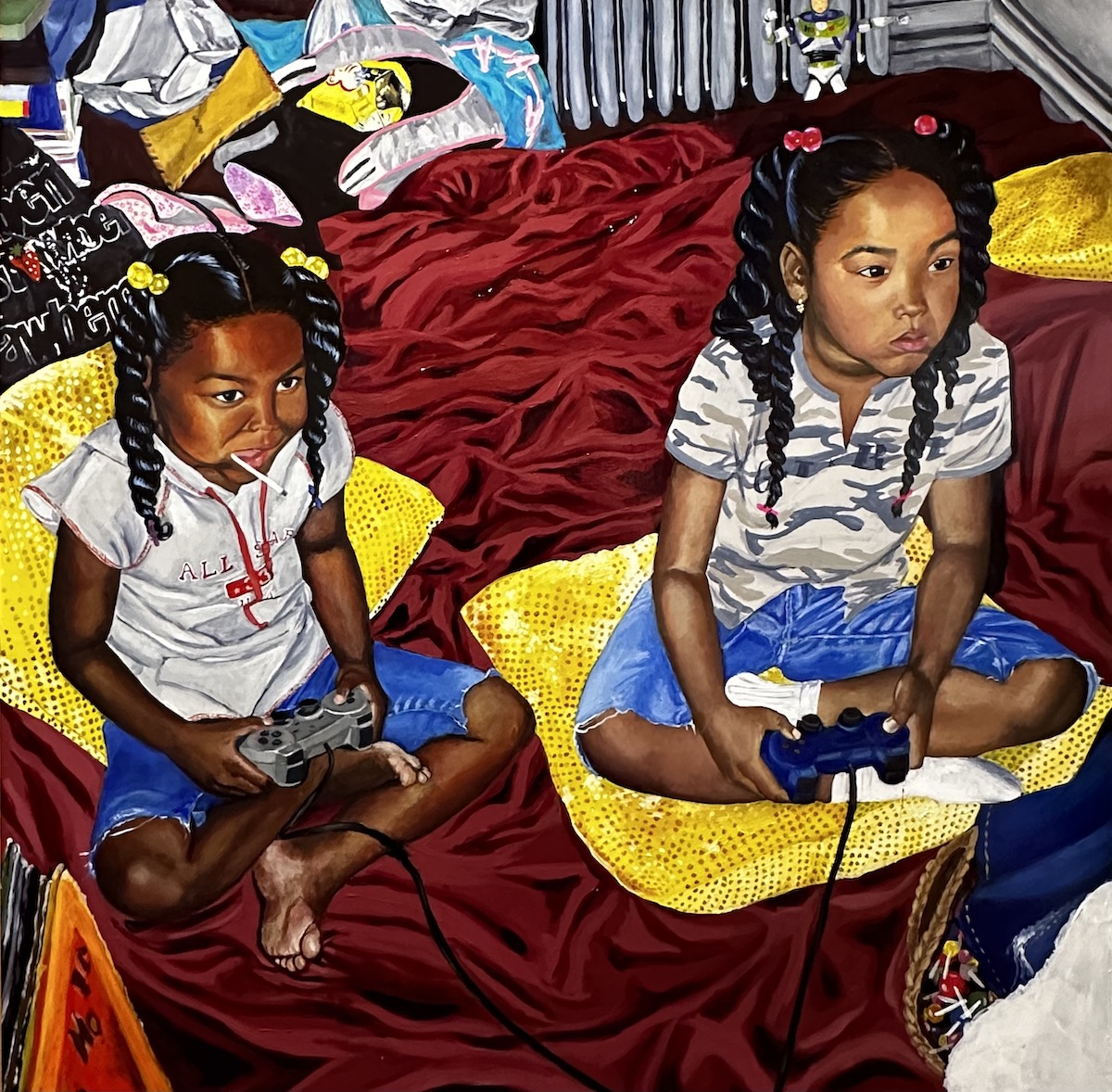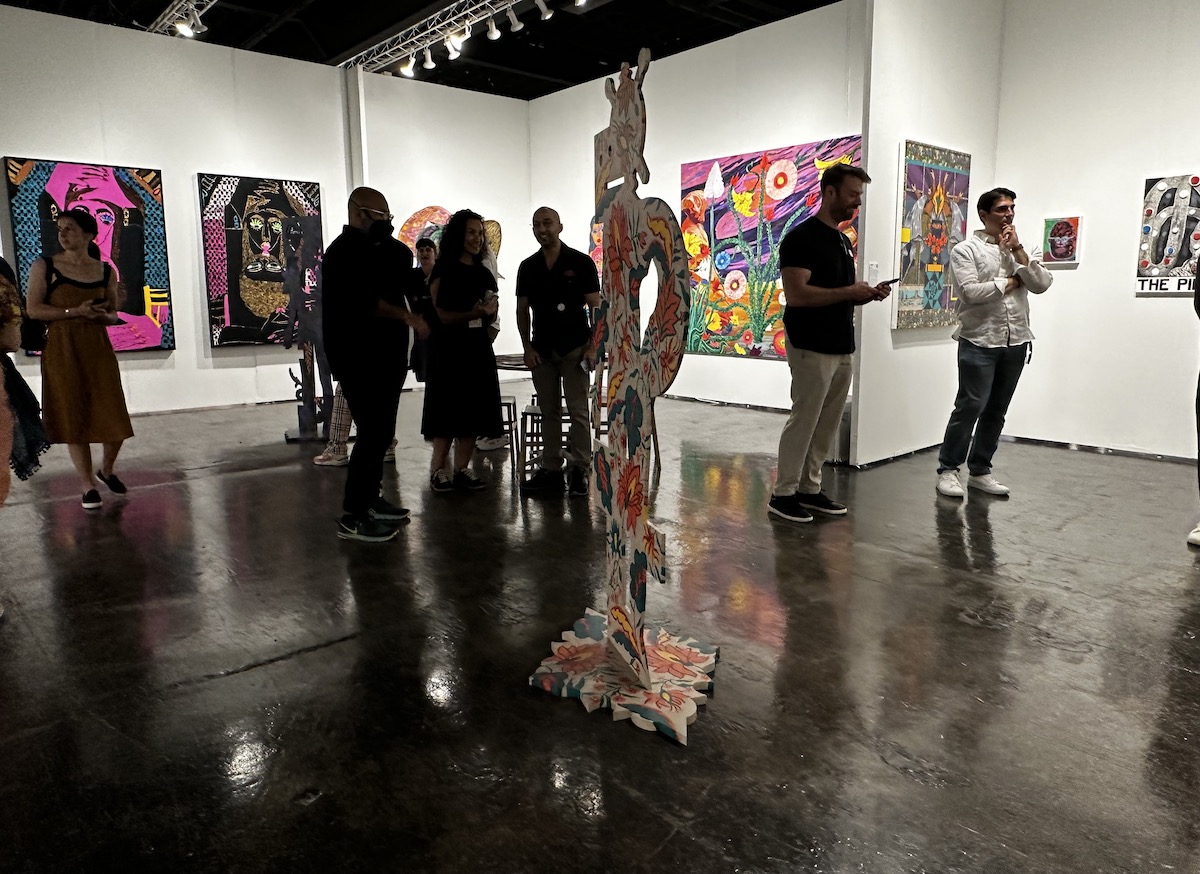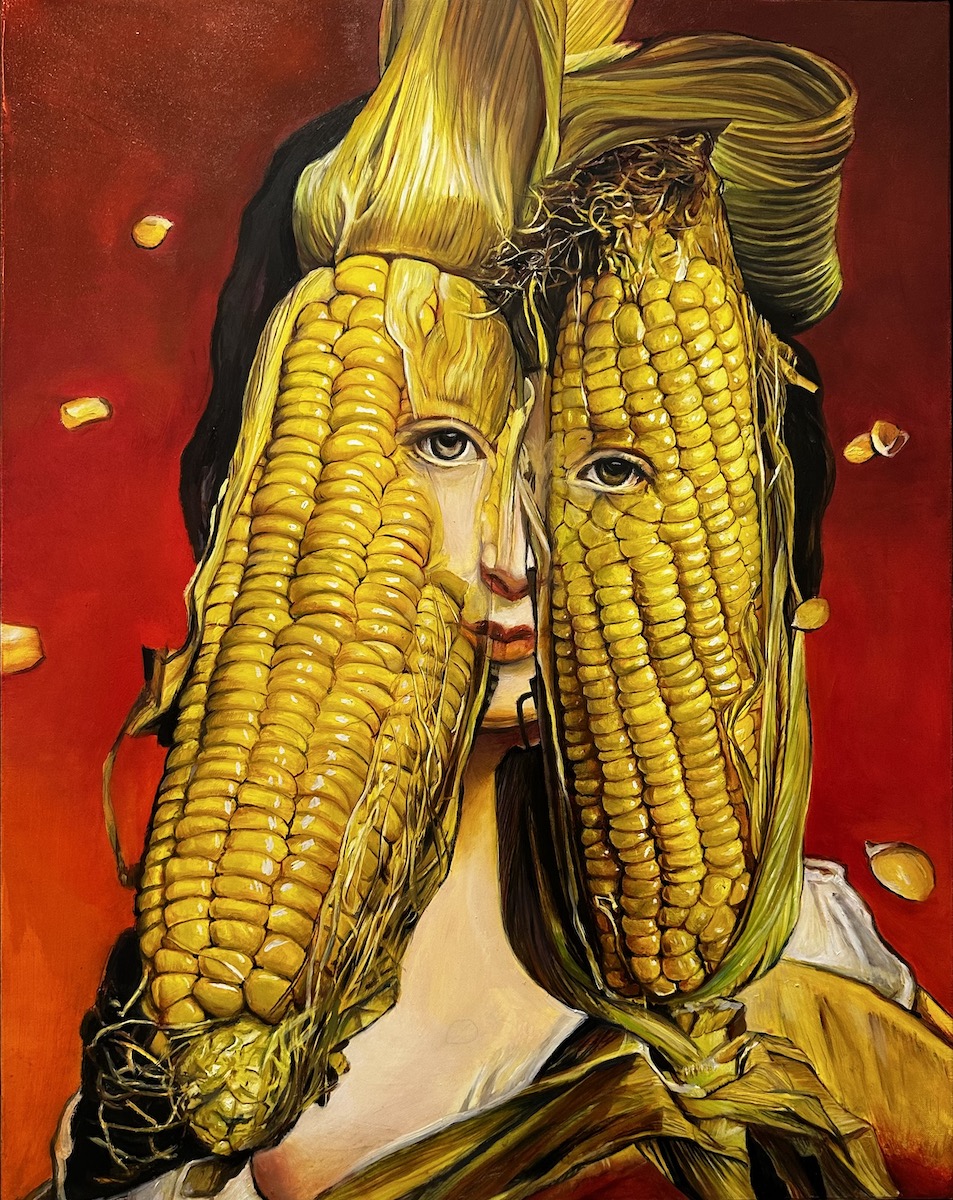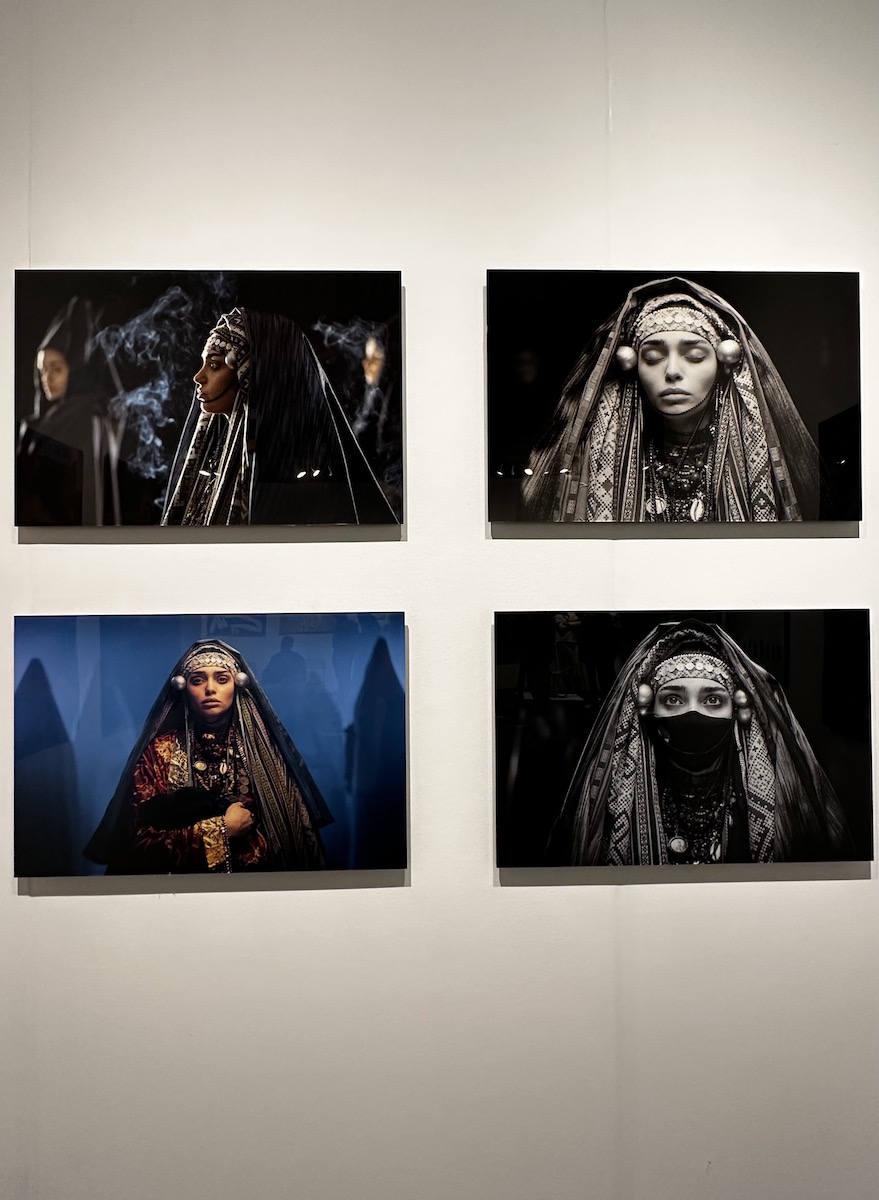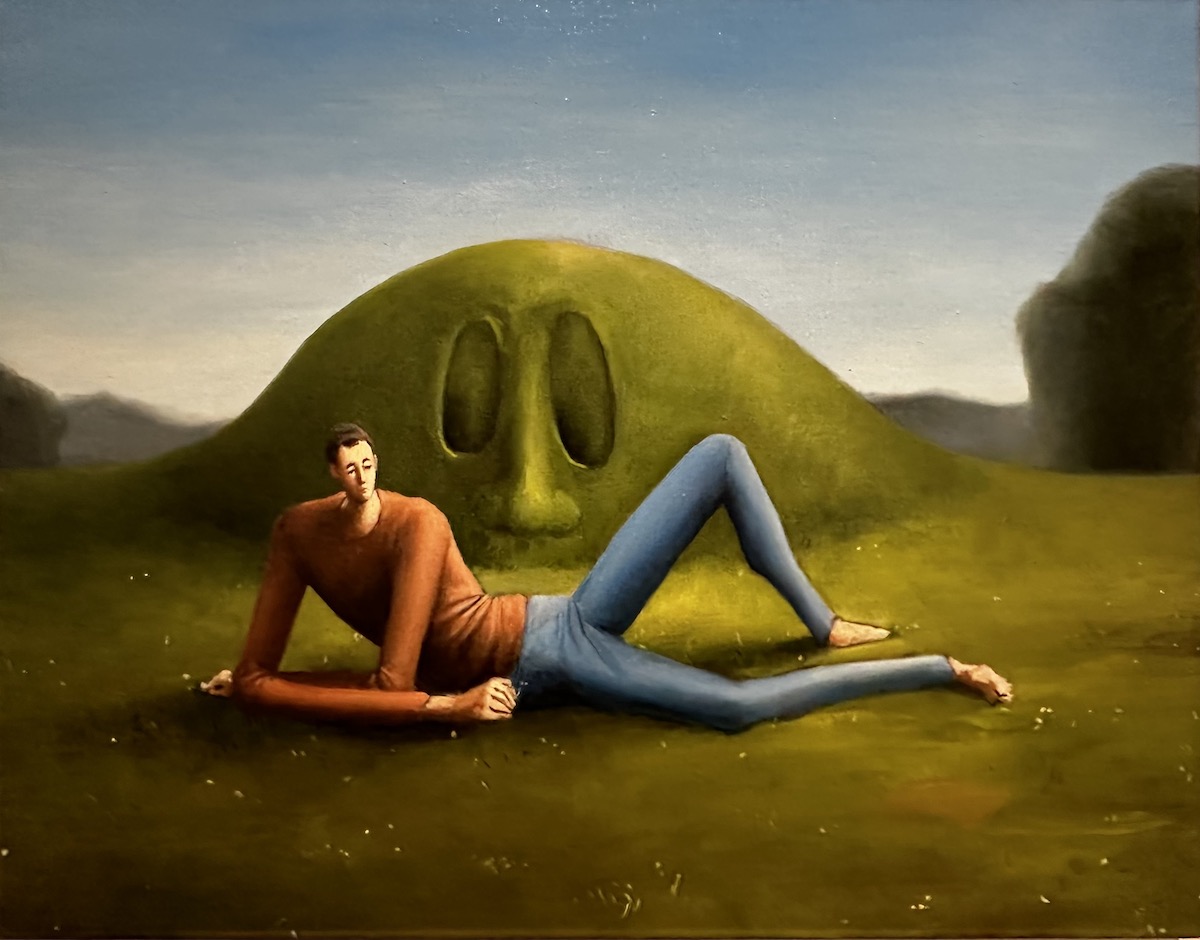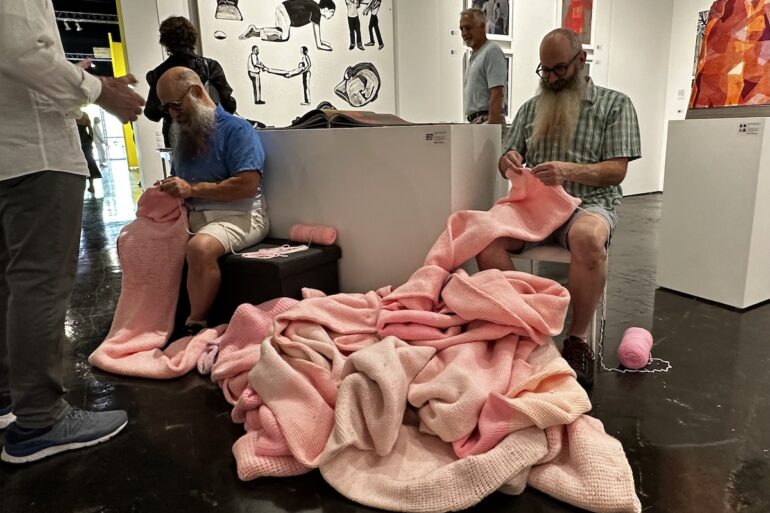
This post is also available in:

NADA, New Art Dealers Alliance, celebrates its 20th edition, as usual, in the spaces set up in the Ice Palace Studios, with a wide and varied exhibition, both in terms of styles and artistic mediums.
NADA’s mission is to support emerging artists in the contemporary art world. “Since 2002, NADA has supported its global community of gallery owners with annual initiatives that have prioritized the art ecosystem,” said Heather Hubbs, executive director of NADA, with satisfaction.
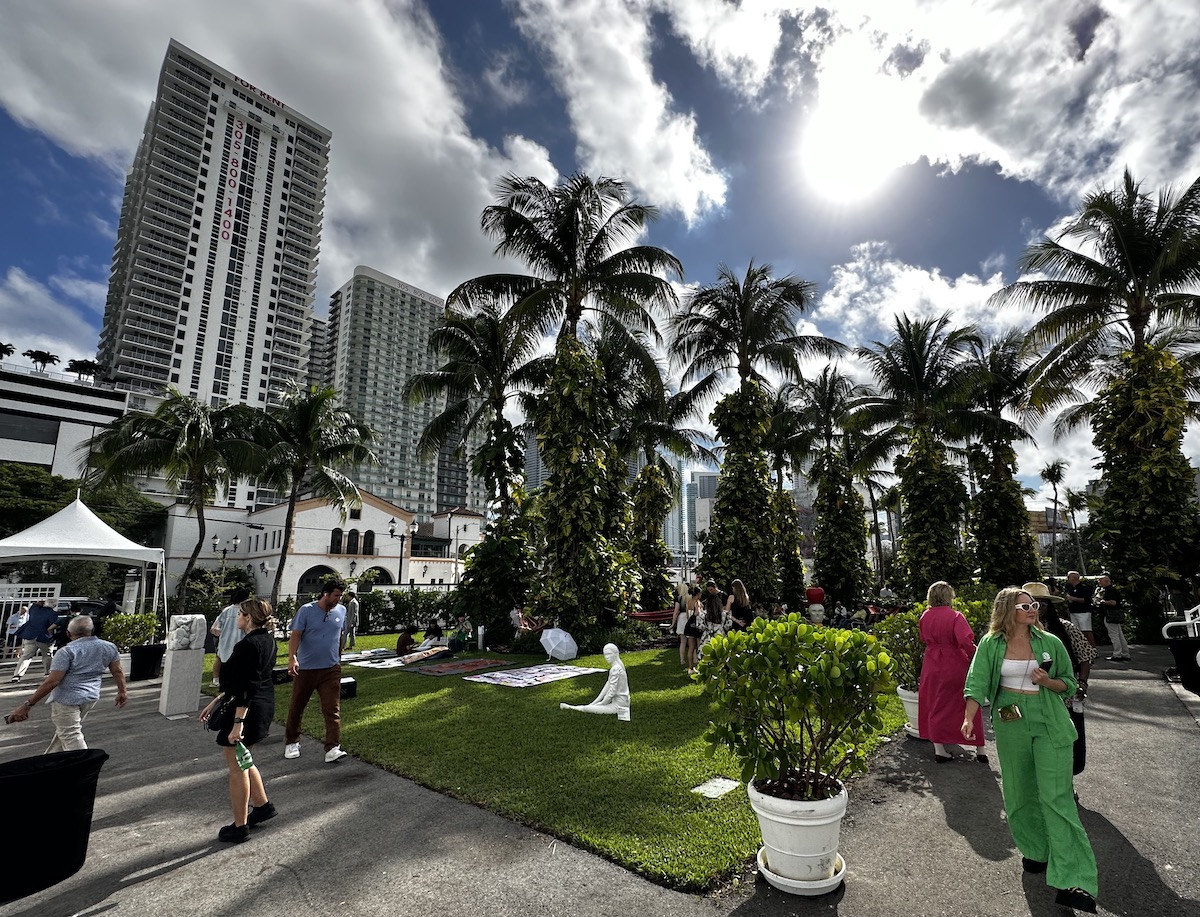
On display, in addition to galleries and solo presentations comprising a roster of 146 exhibitors from 40 cities around the world, is a busy program of twenty parallels.
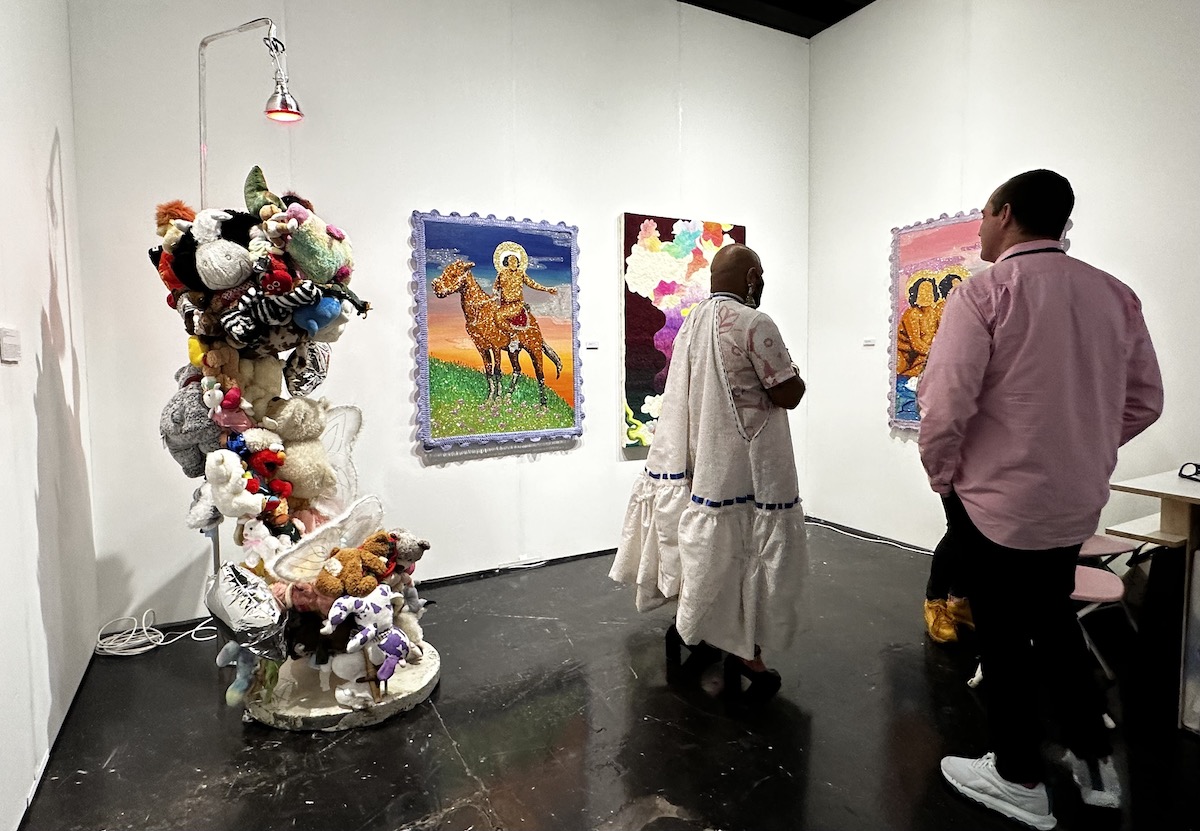
For the third consecutive year NADA, with support from TD Bank, announces the Curated Spotlight: a series of online exhibitions highlighting artists from NADA’s international community. Beginning with a curatorial theme titled “Like a Child,” proposed by Daonne Huff -director of Public Programs at The Studio Museum in Harlem- twenty-one artists were inoculated to interact with their “childlike selves” to create works with a child’s approach using simple materials, such as: Crayola paints, knick-knacks or fabric scraps.
Among the artists who took part in the project is Monsieur Zohore, an Ivorian-American, whose works focus on the consumption and digestion of culture. In his works he explores queer stories that he combines with his Ivorian-American heritage through a multifaceted lens of humor, economics, art history, and labor.
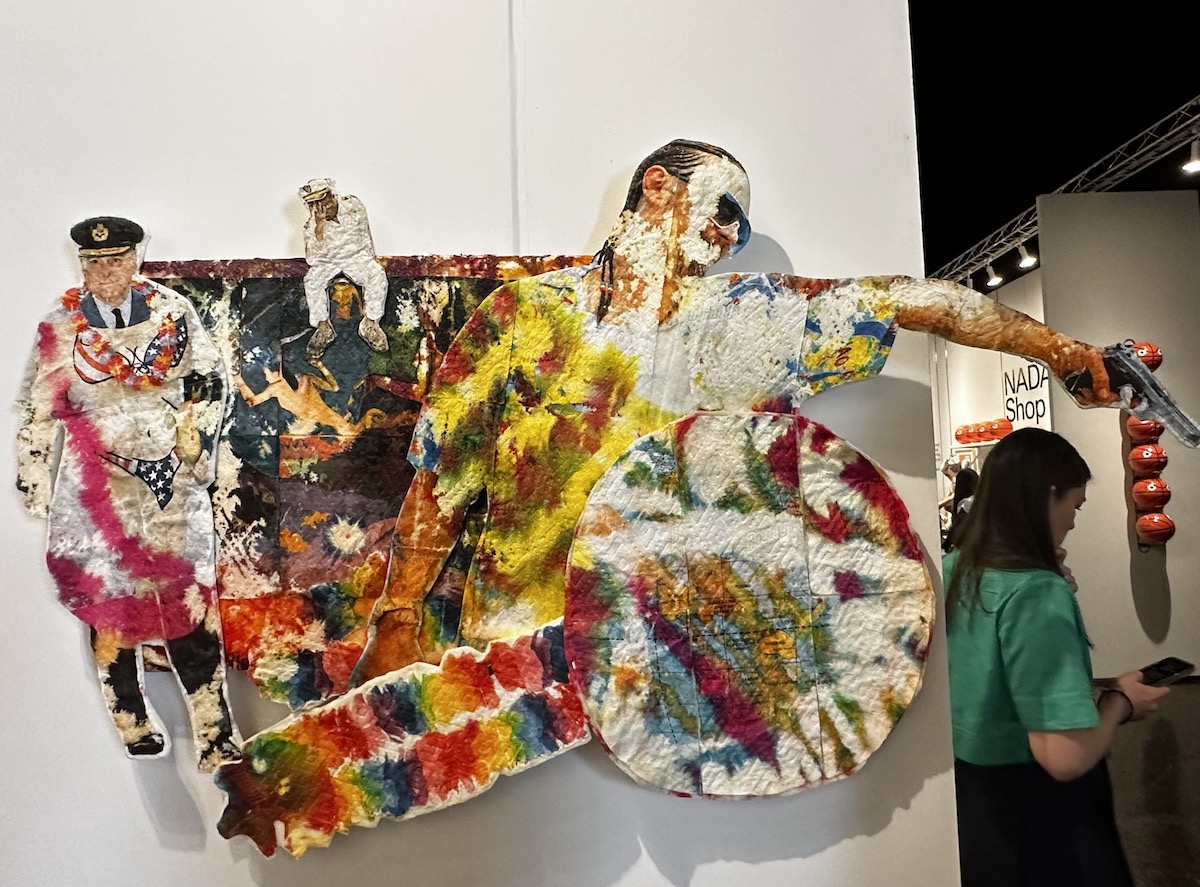
The works of Italian-born artist Maria A. Guzmán Capron, through a combination of hand-sewn fabrics and paints, create multilayered body forms that represent the social, universal desire to be noticed. The tendency to want to appear occurs primarily through clothing: an indicator element of class, gender, and cultural identity. With this approach and through shapes, fabrics and colors, Guzmán Capron, highlights how the human nature to emphasize or repress the different facets of individual personality.
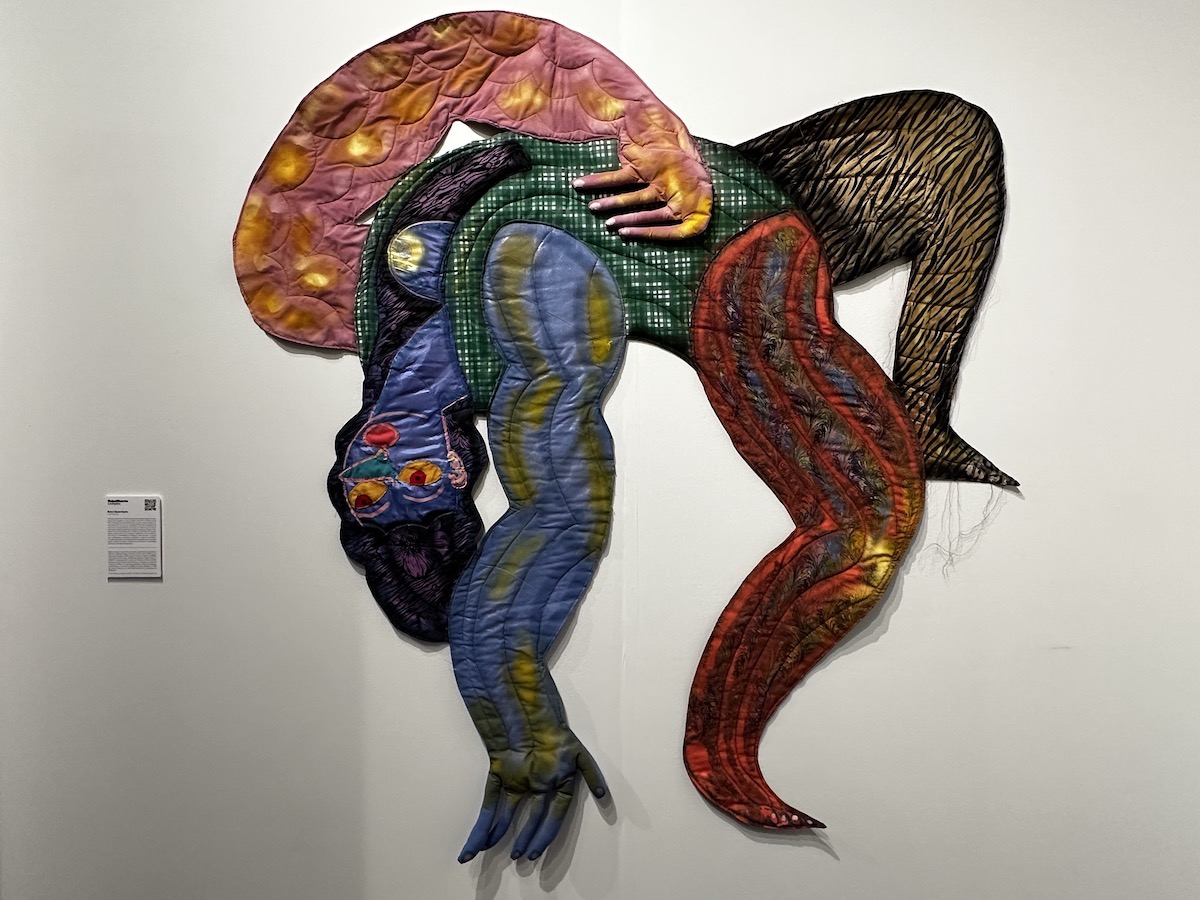
Artist Preston Pavlis, too, in his large canvases uses the fusion of paint and fabric as a means of exploring narrative, form and color. In his works composed of oil work, embroidery and collage -on both surfaces of the work- he conceives of poetic association and metaphor, which draws from personal memory, conveying a subtle energy and a deep sense of presence, also enhanced by the imposing size of the works.
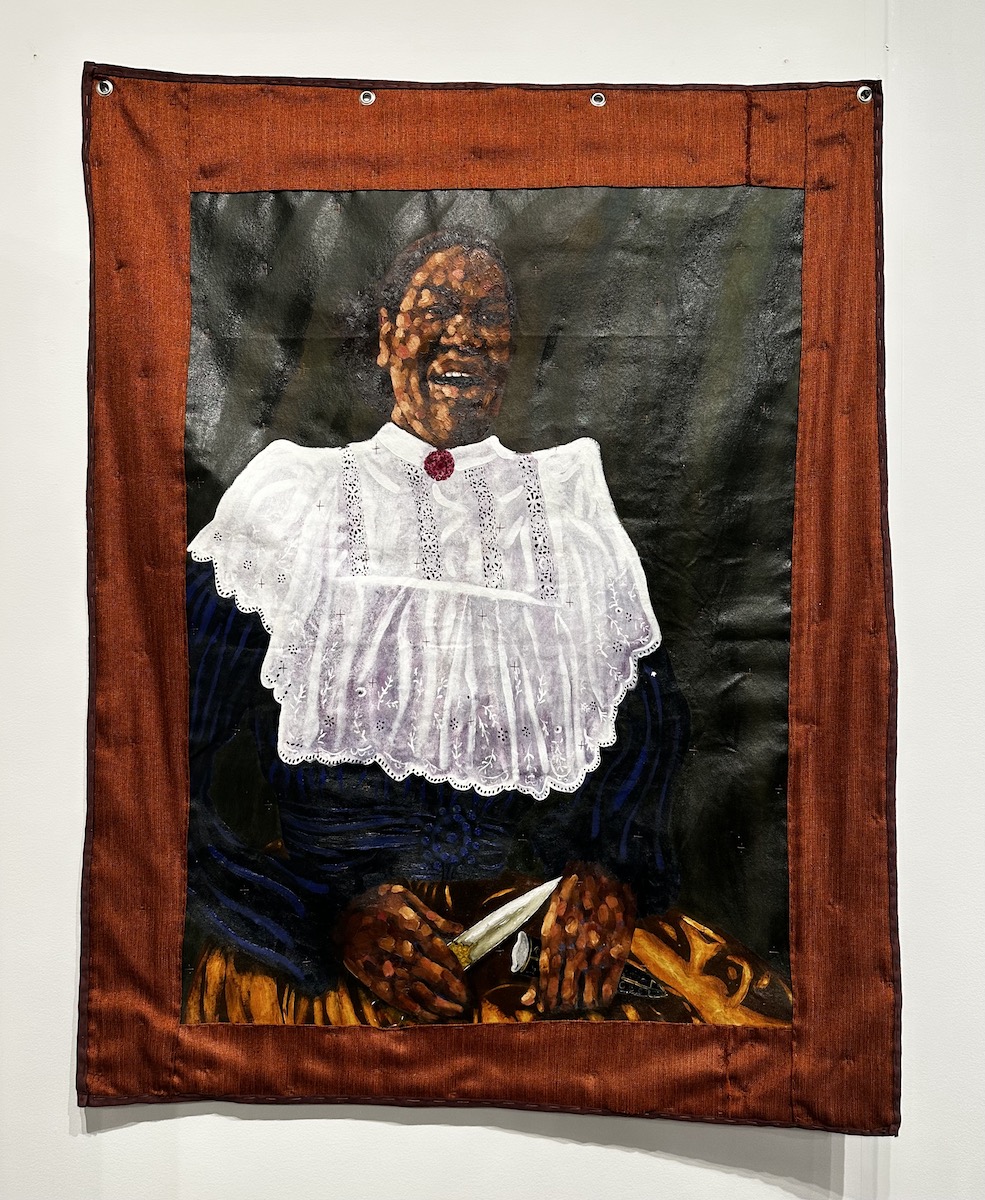
In her delicate and profound works, artist Emma Schwartz reflects the theme of introversion, revealing isolated figures and solitary structures through hazy, textured surfaces and in which figures emerge not only from the pictorial line but also from the cracks of her low-relief surfaces. Each painting is constructed with many layers of material, including oil paint, pastel, charcoal, and graphite, applied with a multiplicity of media: rags, knives, and erasers.
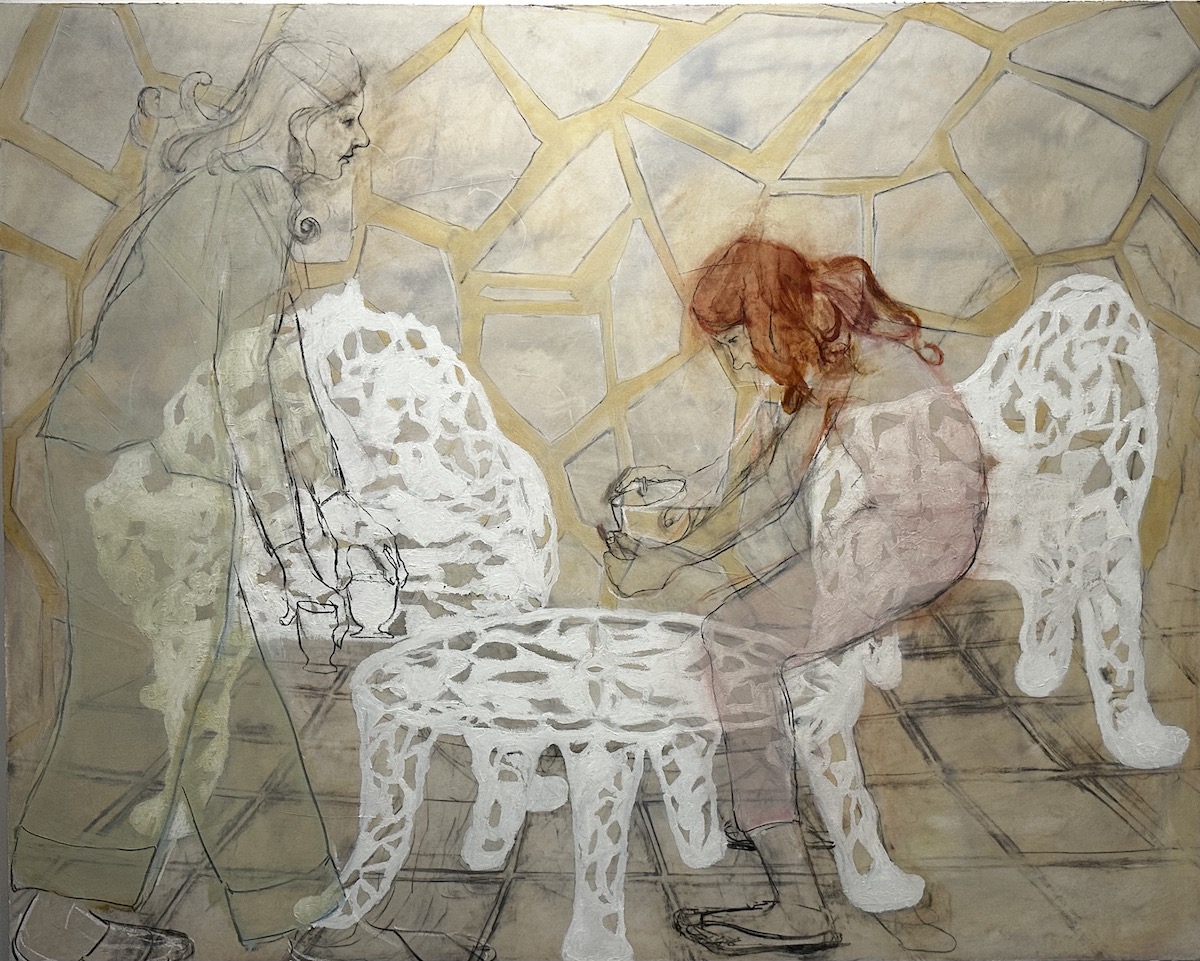
Charles Moffett Gallery presents the works of New York-based artist Maggie Ellis, who will celebrate, in the coming months the opening of three solo shows. Ellis’ works depict experiential self-perception. Indeed, a native of Atlanta, she has been catapulted into the fast-paced reality of New York City, which she intreprets, as an “avid, no-nonsense observer”-as she calls herself, depicting subjects that oscillate between the pleasurable and the innocuous, the voyeuristic and the disconcerting in a rich color scheme.
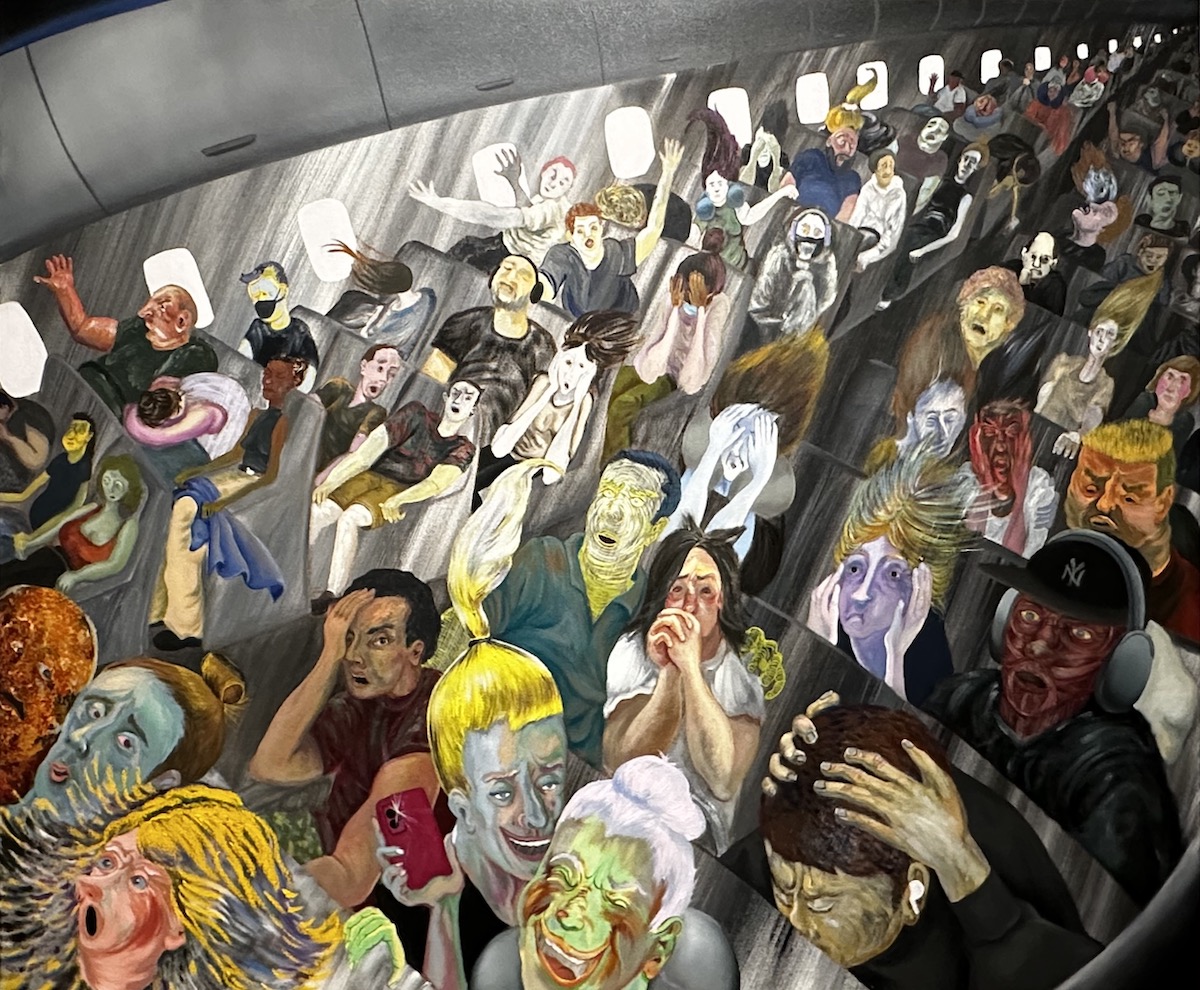
Sculptor Chris Bradley, like Andy Warhol, interprets common objects to trace meanings other than their nature. As demonstrated in the exhibited work, “A Way Between “which is a faithful replica of two baguettes -recognized recently as UNESCO’s immaterial heritage, the material physicality of bread is elevated to a conceptual thought form that explores social meanings.
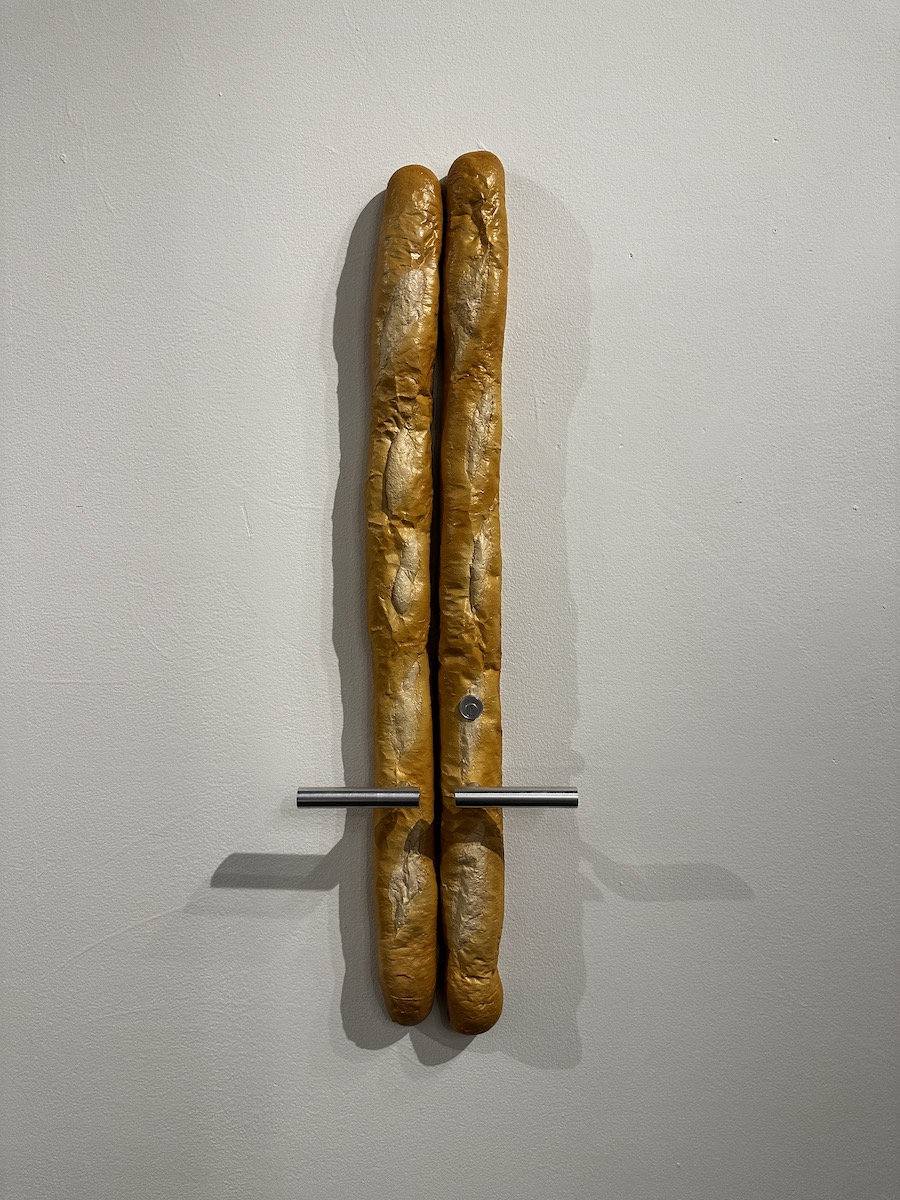
Works by Hawaiian-born artists Nanea Lum and Sean Connelly, presented by Ontopo, focus on relative issues of land, ecology, and climate activism. The work on display, in particular, probes the threefold history of American militarization and its urban development in relation to island tourism. The work “All Architects are Bad” expresses the complex relationship that exists between culture and state and the respect that Native Hawaiians have for their watersheds for which they propose new methodologies for architectures that know how to promote justice and cultural sovereignty for the Hawaiian people.
Ontopo is a generative art and design platform produced by Common Space. Its project focuses on Asian Pacific Island communities and BIPOC, aiming to bring artists together in the specific interpretation of territory and analysis of the complex relationship humans have with natural and built environments.
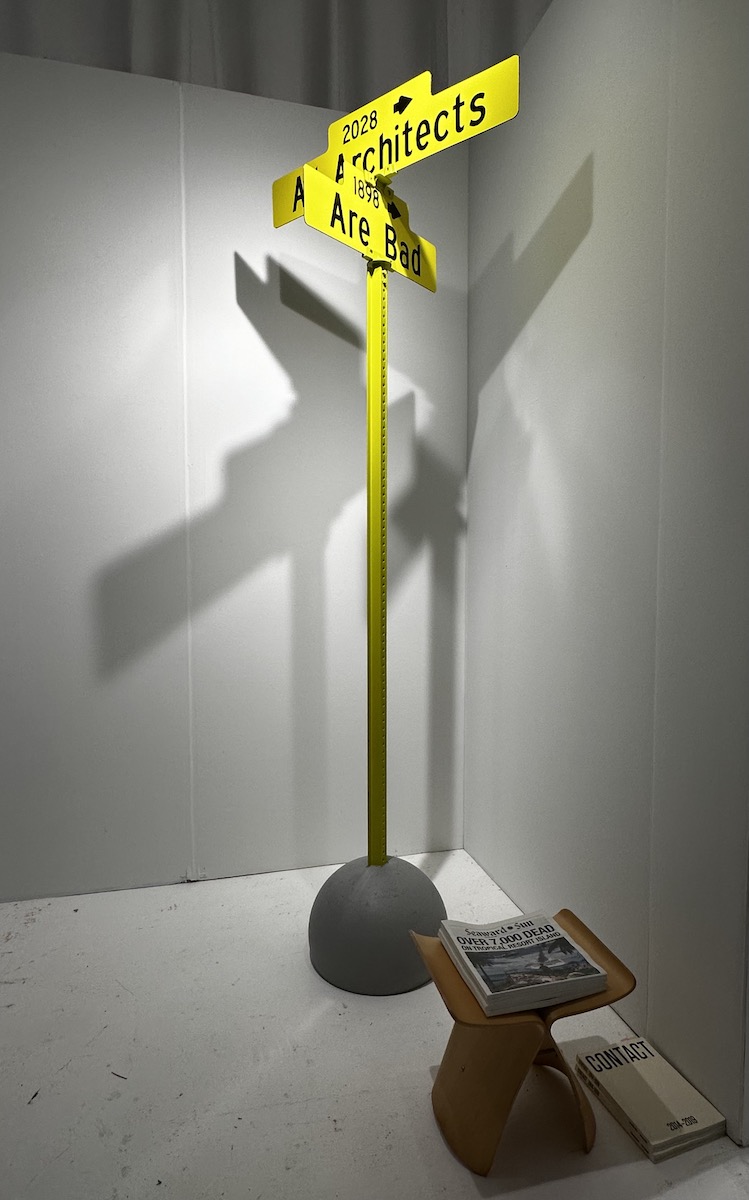
Chanel Khoury’s work explores territories that discuss notions of physiological and spiritual adaptation through the juxtaposition of machines and animals. Her works access spaces and forms that contain paradoxes on multiple levels: desolate yet welcoming environments, hybrid forms of natural and synthetic biomorphic organisms, materials and landscapes that are both primitive and hyper-digital, thus creating a strange juxtaposition between the -familiar- reality and the -unfamiliar- virtual reality.
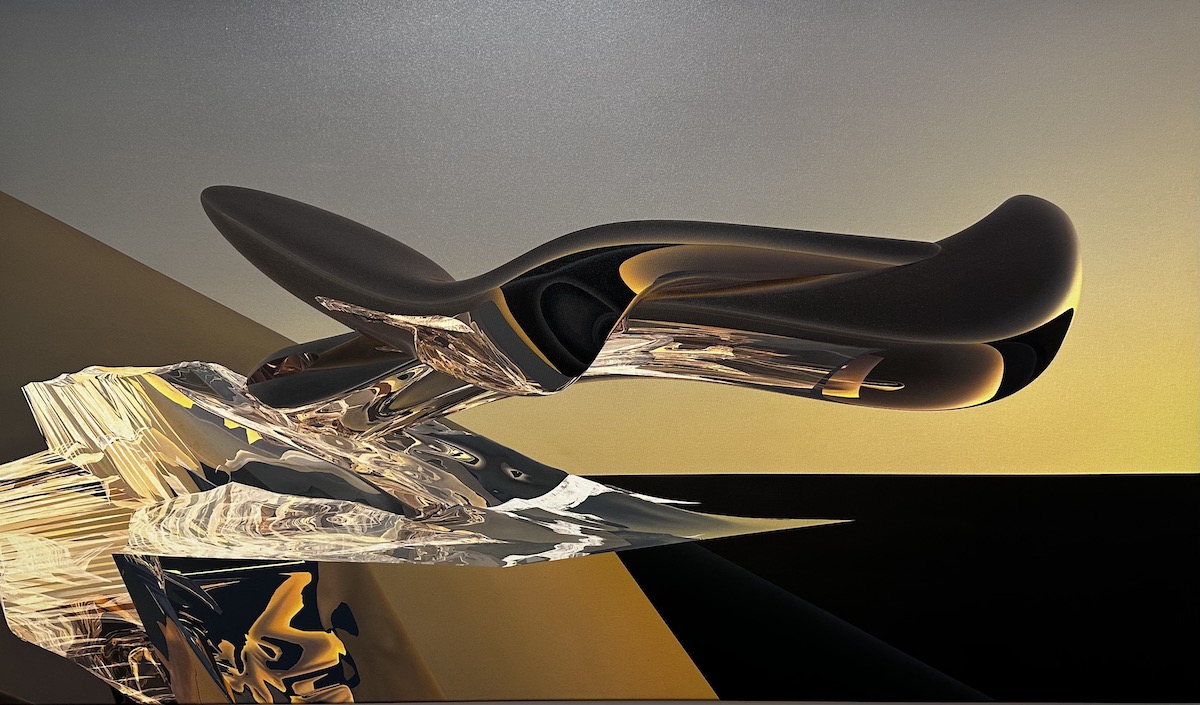
The performative and conceptual work of artists Miller & Shellaberger, with their silhouettes and hipster beards, is a kind of visual and conceptual poetry that explores physicality, duality, time, and the romantic ideal in their multidisciplinary work.
Miller & Shellaberger, in addition to being an artistic couple, are also a couple in life, and their work, which is both autobiographical and metaphorical, is always made in unison.
While carrying out simple actions with simple materials, Miller & Shellaberger address complex themes referable to the concepts of rhythm and the quality of human relationships, both in terms of common universal experiences and in terms of specific experiences related to queer identity.
Intent on the making of the work, yet attentive to interaction with the audience, in crocheting a long, heavy, tube of pink acrylic thread -started two years ago- they work proceeding from opposite edges- they are coming together and moving apart in a metaphorical action that makes the performance an ongoing dialogue between ambivalent elements, such as: union and separation, private and public, protection and pain, visibility and invisibility.
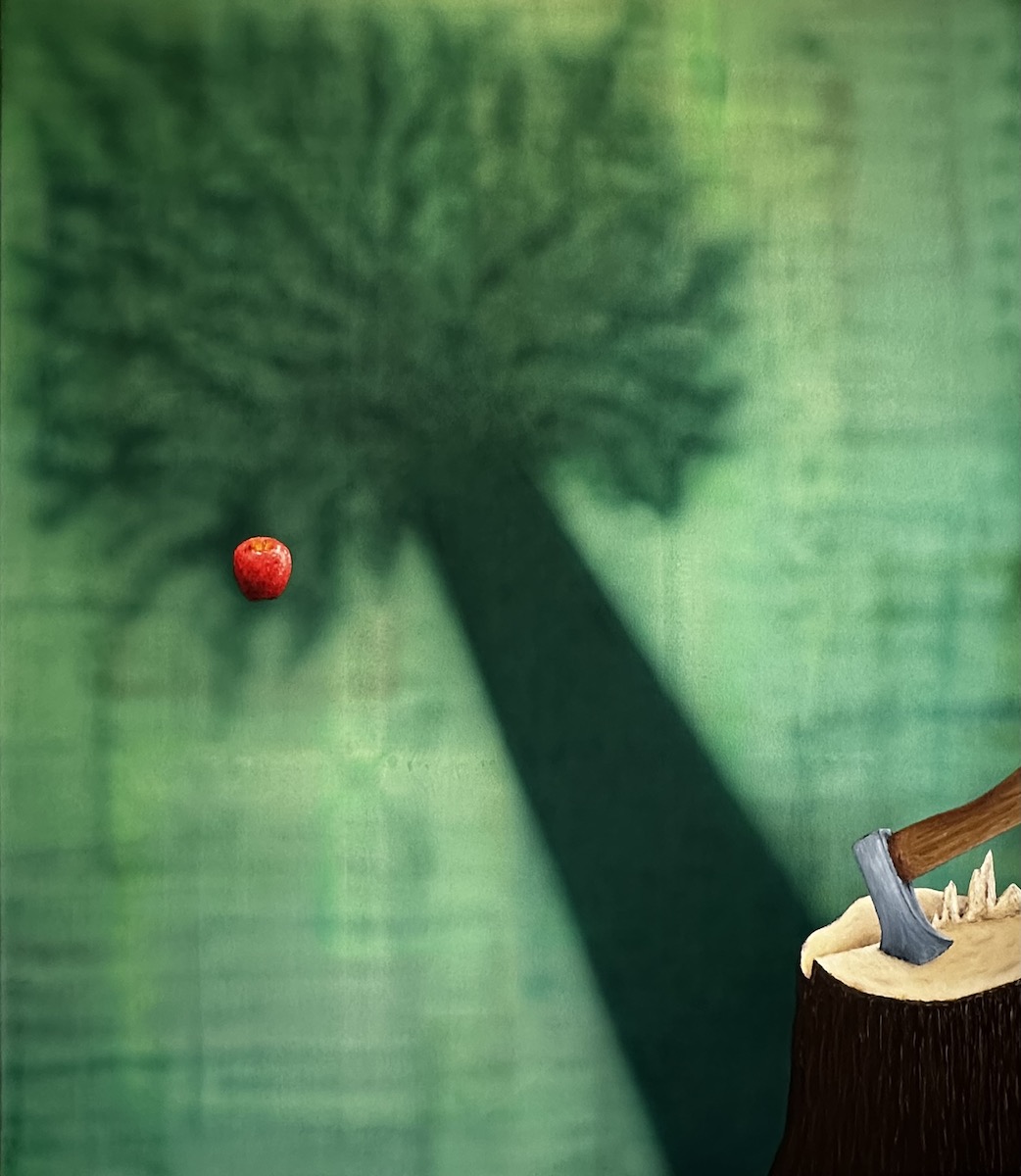
This year, among other participations, NADA presents the “EFA Blackburn Legacy Fellowship”, showcasing five artists-Devraj Dakoji, Dindga McCannon, Michael Kelly Williams, Michele Godwin, and Otto Neals. The EFA RBPMW is America’s longest-running and oldest community print shop, as well as the only community print shop with stone lithography in Manhattan. EFA’s purpose is to keep the historical tradition alive by educating artists in this discipline. Among the names included in the EFA archives is the celebrated Faith Ringgold.
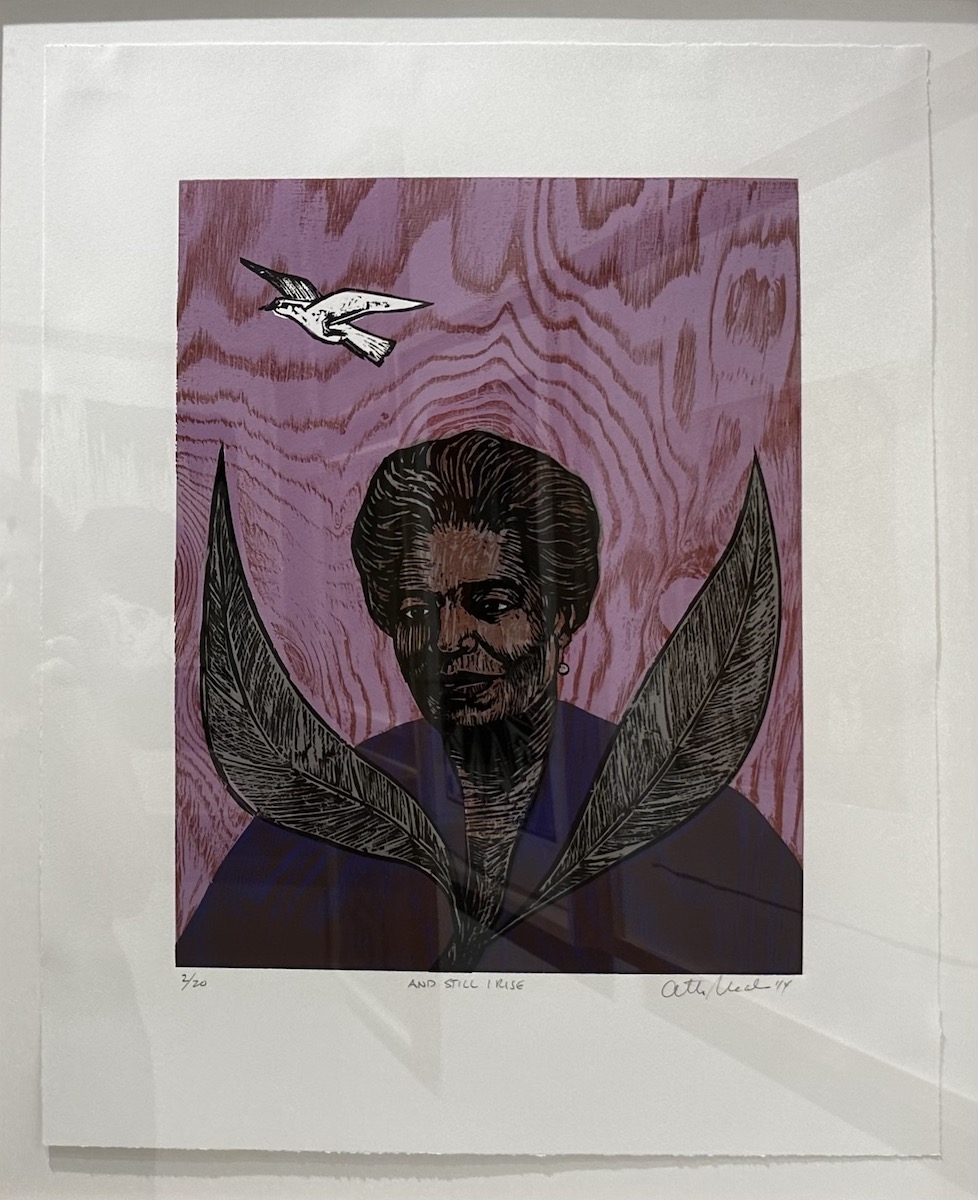
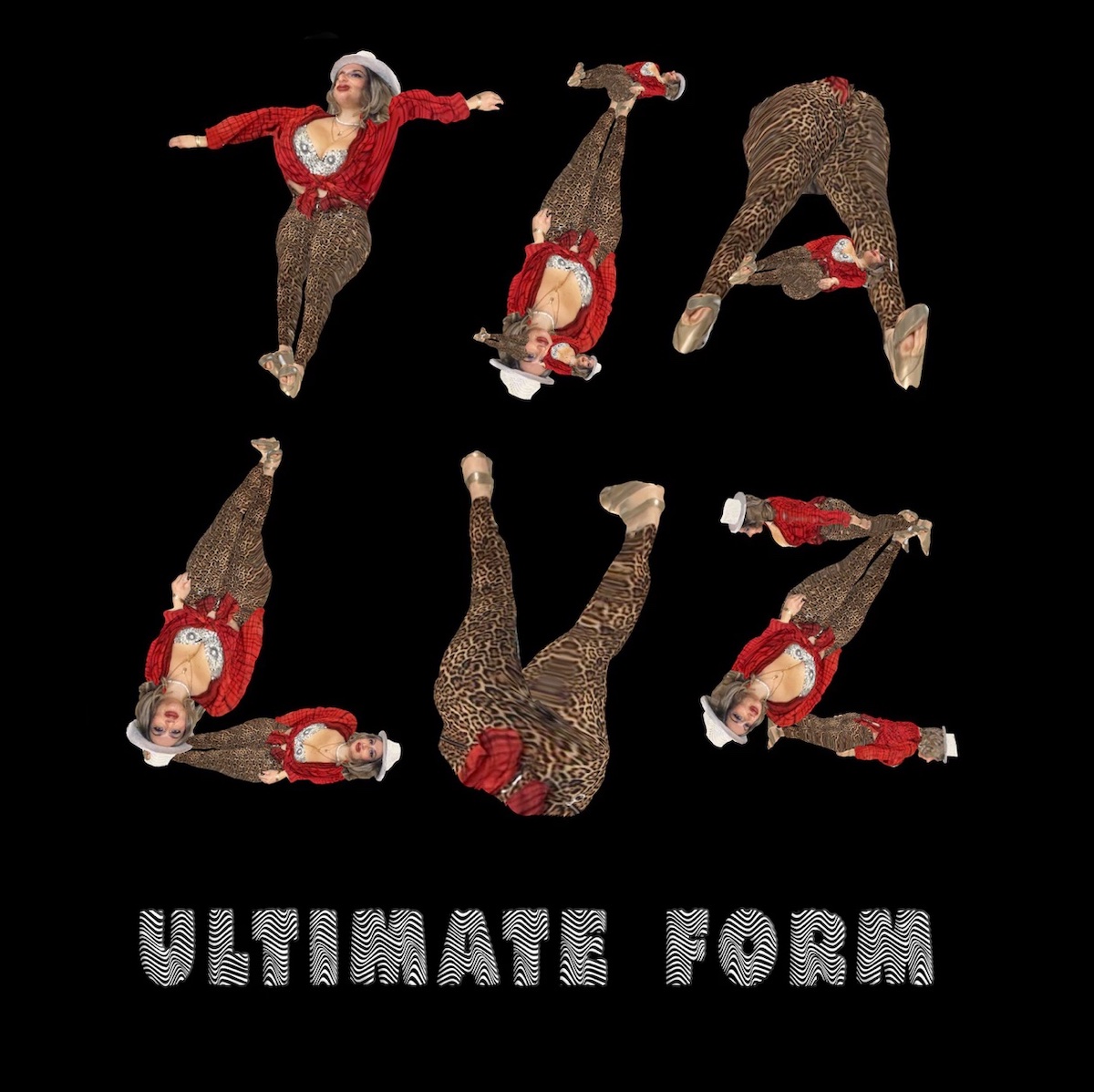
In addition to the exhibition, NADA’s parallel events include: talks that get to the heart of an artist’s practice, such as, for example, Teresa Baker or Mike Bouchet; panel discussions featuring a wide range of speakers addressing a variety of topics, such as “The Dreamer’s Toolkit: Web3 as a Space of Possibility” (scheduled for Dec. 3) or “X-TRA at 25 Years: Art, Criticism, and the View From L.A. ” in which, invited guests will give a broad view of X-TRA’s publication, drawing on selections from the magazine’s vast archive of artist writings; performances, such as Tia Luz’s: Ultimate Form (scheduled for Dec. 1), in which the comic artist will present an intimate look at the development process of her popular archetypal aunt character, Tia Luz; tours, such as, “Artist Run Club featuring Paddy Johnson” in which Paddy Johnson will give a talk on art followed by a morning run in South Beach, followed by a banana snack.
(on the title, Untitled (Loving Repeating 3) by Miller & Shellaberger, 2020. Western Exhibitions)
